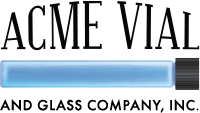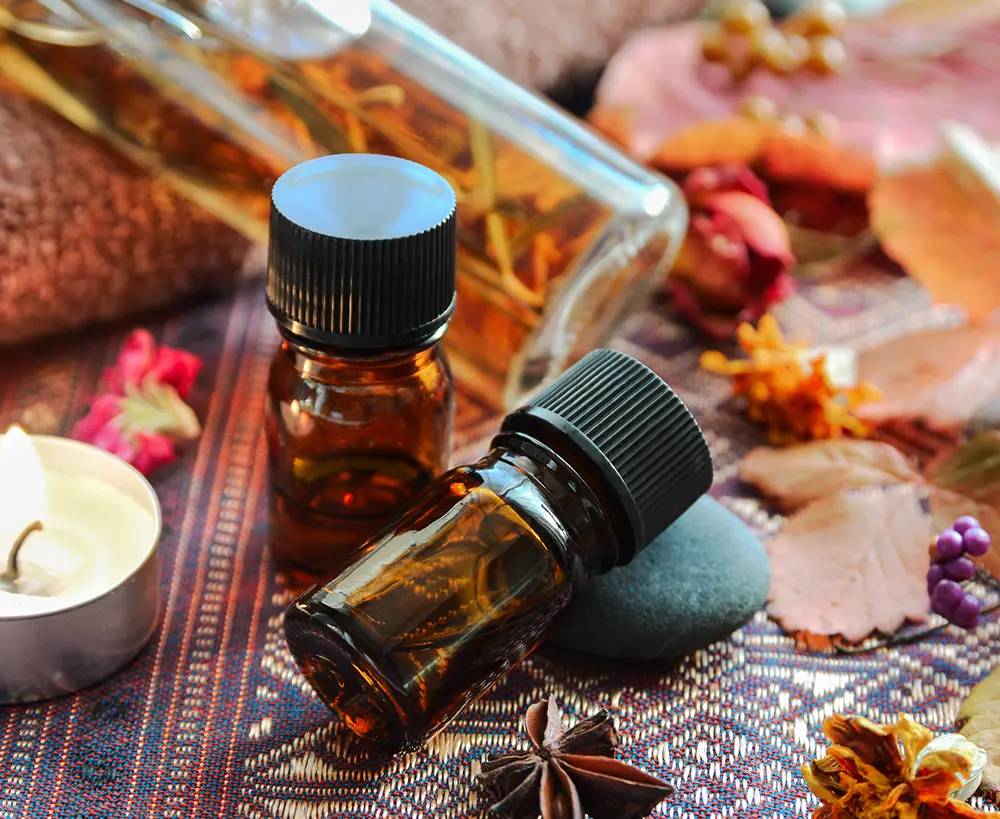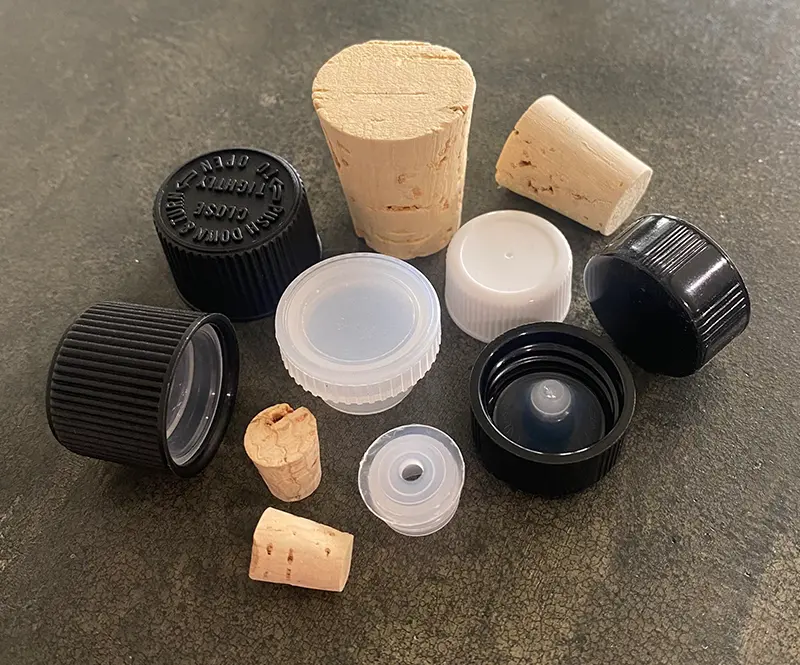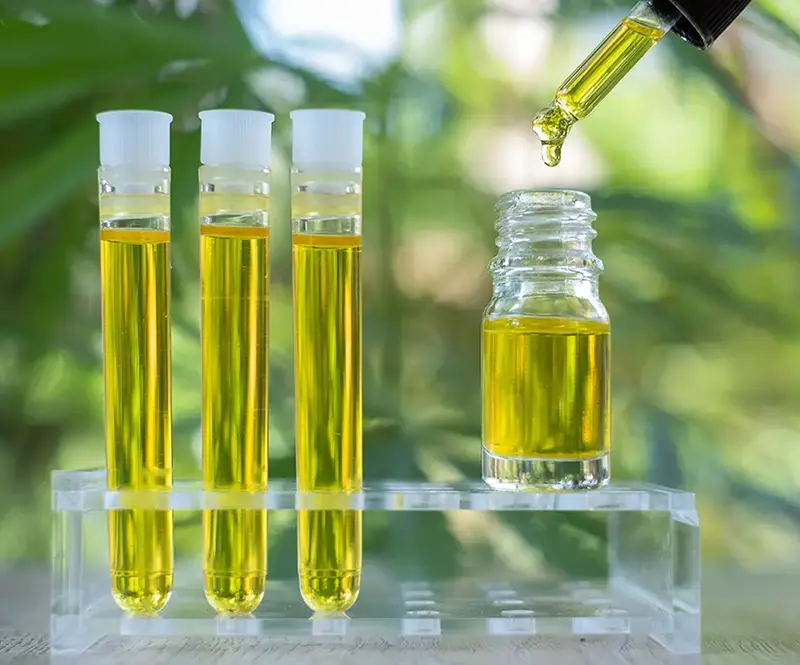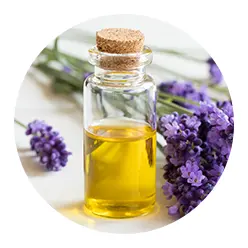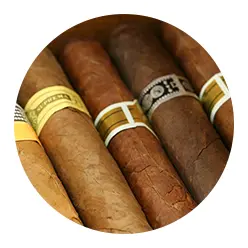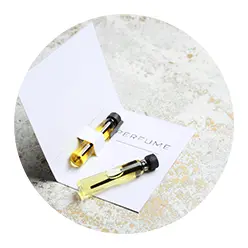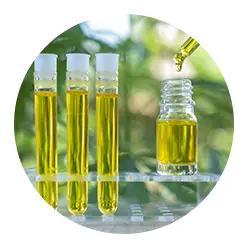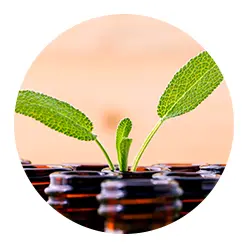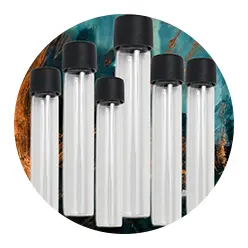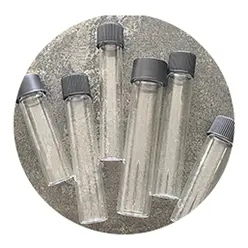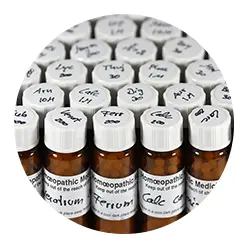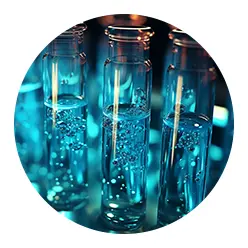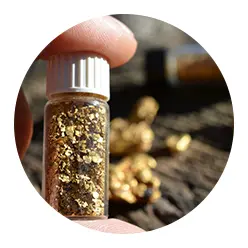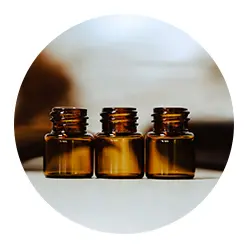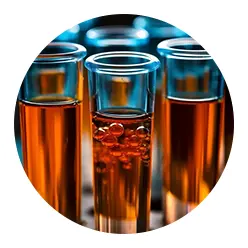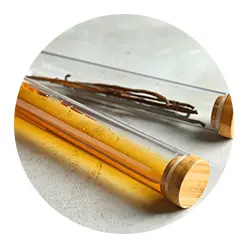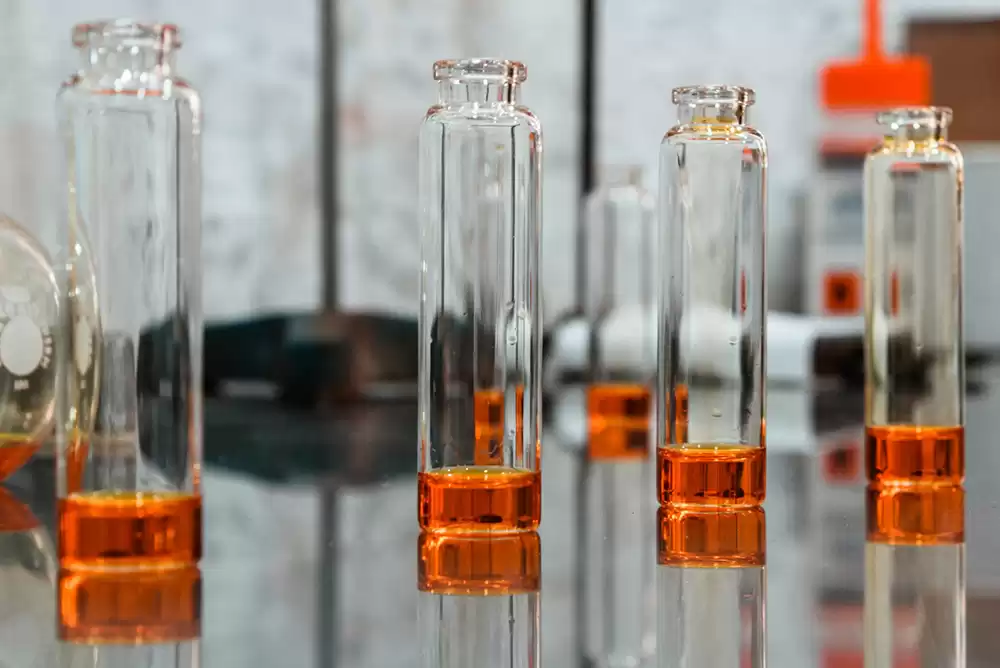Glass vials are indispensable tools in industries ranging from pharmaceuticals to cosmetics, offering a reliable and versatile storage solution for various substances. At Acme Vial, we understand the critical importance of selecting a suitable vial for your product, especially regarding compatibility with solvents. In this article, we delve into the intricate world of glass vials and explore the compatibility of different solvents with these containers.
Introduction to Glass Vials and Their Uses
Glass vials, with their exceptional transparency, inertness, and durability, are favored for storing liquids, powders, and other substances. Their uses span across a multitude of industries, including pharmaceuticals, cannabis, essential oils, skincare, cosmetics, and more. From storing precious formulations to facilitating precise measurements, glass vials offer unmatched versatility and reliability.
Overview of Common Solvents in Various Industries
Before delving into solvent compatibility, it’s essential to understand the types of solvents commonly used in various industries. Organic solvents, such as ethanol and acetone, are prevalent in pharmaceutical industries, while inorganic solvents, including acids and bases, find applications in chemical manufacturing and laboratory settings. Each solvent has unique properties and interactions with glass vials, which we’ll explore further.
Chemical Resistance of Glass
One of the primary reasons glass vials are favored for solvent storage is their excellent chemical resistance. Unlike plastics, which may degrade or leach harmful substances into the stored solution, glass maintains its integrity even when exposed to a wide range of chemicals. However, not all glass is created equal, and certain types of glass may exhibit varying levels of resistance to different solvents.
Compatibility of Glass with Organic Solvents
Organic solvents, such as alcohols and hydrocarbons, are commonly used in industries like pharmaceuticals and cosmetics because of their solvent properties. Glass vials generally exhibit excellent compatibility with organic solvents, ensuring the integrity of the stored product. However, prolonged exposure, concentration, and temperature fluctuations may affect compatibility.
Compatibility of Glass with Inorganic Solvents
Inorganic solvents, including acids, bases, and salts, pose unique challenges due to their corrosive nature. While glass vials are inherently resistant to most inorganic solvents, certain exceptions exist. Strong acids, such as hydrochloric acid, may etch or degrade glass over time, compromising the integrity of the stored solution. Therefore, it’s crucial to select vials specifically designed for compatibility with inorganic solvents when storing such substances.
Thermal Stability of Glass Vials with Solvents
In addition to chemical compatibility, thermal stability is another crucial factor when storing solvents in glass vials. Glass vials must withstand temperature fluctuations without compromising their integrity or causing thermal stress. Borosilicate glass, known for its excellent thermal shock resistance, is commonly used for applications involving high-temperature solvents or autoclaving.
Best Practices for Handling and Storing Solvents in Glass Vials
Adhering to best practices is essential to ensuring the longevity of the glass vials and the stored solvents. These best practices include:
- Properly labeling vials.
- Avoid exposure to extreme temperatures.
- Securely sealing vials to prevent evaporation or contamination.
Additionally, regular inspection for signs of damage or degradation can help identify potential issues before they compromise product integrity.
In conclusion, selecting the appropriate glass vial for solvent storage is paramount to maintaining product integrity and adhering to safety standards. By understanding the compatibility of different solvents with glass vials and following best practices for handling and storage, manufacturers can ensure the reliability and longevity of their products. At Acme Vial, we offer a wide range of high-quality glass vials designed to meet the diverse needs of our customers across various industries.
If you are looking for the best, tiny glass vials available, check out our catalog!
